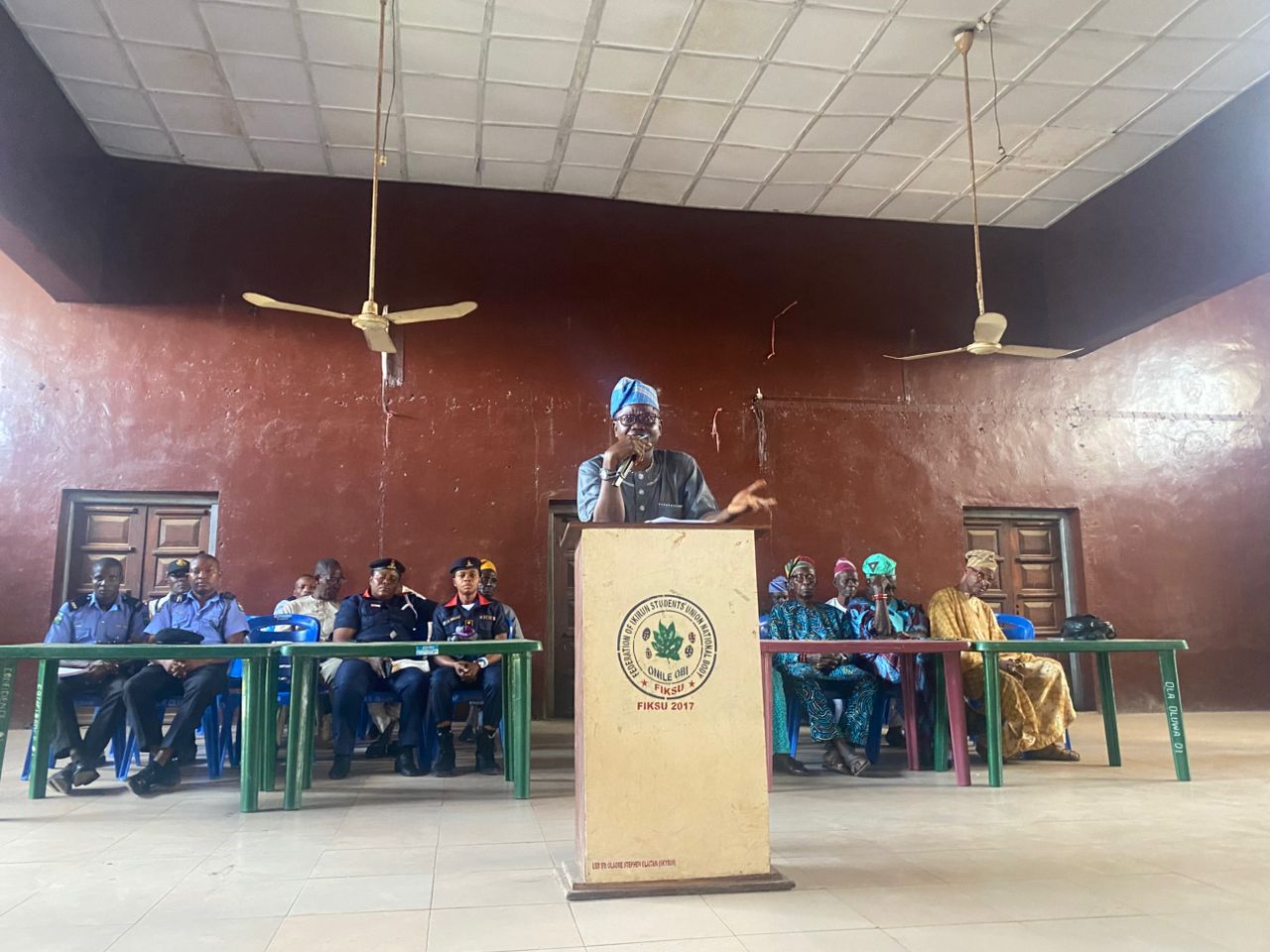By hamsina from Osun state which we update, report news, sport and happens…from the newsroom of presshub media agency
Emir Muhammadu Sanusi II, the Emir of Kano and former Governor of the Central Bank of Nigeria, has delivered a sharp and public critique of the cost of governance in Nigeria, urging President Bola Tinubu’s administration to dump lavish spending and streamline government structures. Speaking at the “Reimagining Leadership and Governance in a Changing Africa” conference in Abuja, Sanusi did not mince his words about what he perceives as excessive government overhead and the disconnect between leadership actions and public sacrifice. Vanguard News+1
He asked pointed questions that resonated across Nigeria: “Why do we need 48 ministers? Why do we need long convoys of vehicles and endless travel expenses?” Vanguard News+1 Sanusi’s remarks come at a time when the cost of living, inflation and public sector debt are significant concerns for many Nigerians, and when the Tinubu administration has embarked upon bold reforms including subsidy removal and exchange-rate adjustments. Vanguard News+1
Sanusi praised the administration for necessary but painful reforms — such as removing fuel subsidies and unifying the foreign-exchange rate — describing them as “painful but necessary steps”. The Guardian Nigeria+1 But he warned that such reforms will fail to deliver real benefits unless matched with a dramatic reduction in wasteful spending and better governance. “If you stop paying subsidies but continue borrowing more, it means you’ve filled one hole only to dig another,” he said. News Express Nigeria+1
Sanusi also deplored the culture of sycophancy he says surrounds political leaders in Nigeria. He argued that advisors who only flatter and never challenge end up undermining good governance. “You sit in a meeting, and the President is there. The first thing people say is, ‘Mr. President, I want to thank you for your great leadership…’ By the time they finish laying that foundation, it is their advice that the President accepts.” Politics Nigeria+1
He called on ministers, presidential aides and senior officials to stop being “praise singers” and instead act with courage, integrity and discipline. The Guardian Nigeria+1
Beyond rhetoric, the Emir argued for structural changes: a slimmed-down cabinet, fewer convoys, less extravagant travel, and a general realignment of governance to reflect the economic realities faced by ordinary Nigerians. “We cannot preach sacrifice to the people while living in luxury at the top,” he stressed. News Express Nigeria+1
For the government, his critique poses a sharp challenge: reforming not only what is done, but how it is done. The savings from subsidy removal and other fiscal reforms must translate into tangible benefits for Nigerians — rather than being swallowed up by administrative overhead. Economist Atedo Peterside, also at the conference, echoed this point: “It’s not true that pain automatically brings gain. Gain only follows pain if you are doing the right things after putting the pain in place.” Vanguard News
In practical terms, the Emir’s comments may increase pressure on the Tinubu government to accelerate ongoing efforts to merge or restructure government agencies, reduce the number of political appointees, and make the cost of governance more transparent and lean. Reuters+1
For Nigerians, the message is clear: calls for structural efficiency and moral leadership are mounting. The question now is whether the government responds — and how quickly — to ensure the reforms going on are backed by credible governance practices.
Nigeria #CostOfGovernance #EmirSanusi #Tinubu #GovernanceReform #FiscalDiscipline #NigeriaEconomy #Leadership #Accountability #Wastage #PoliticalReform









Leave a Reply